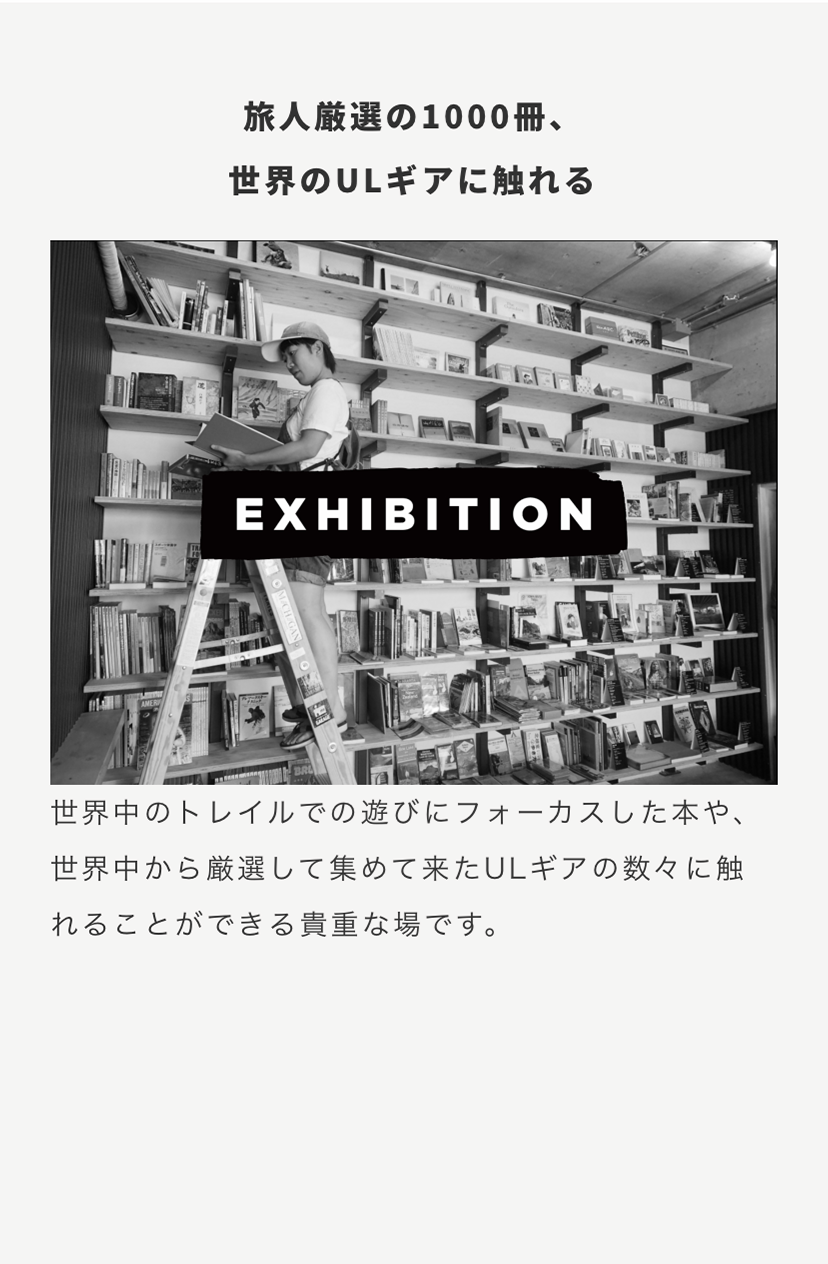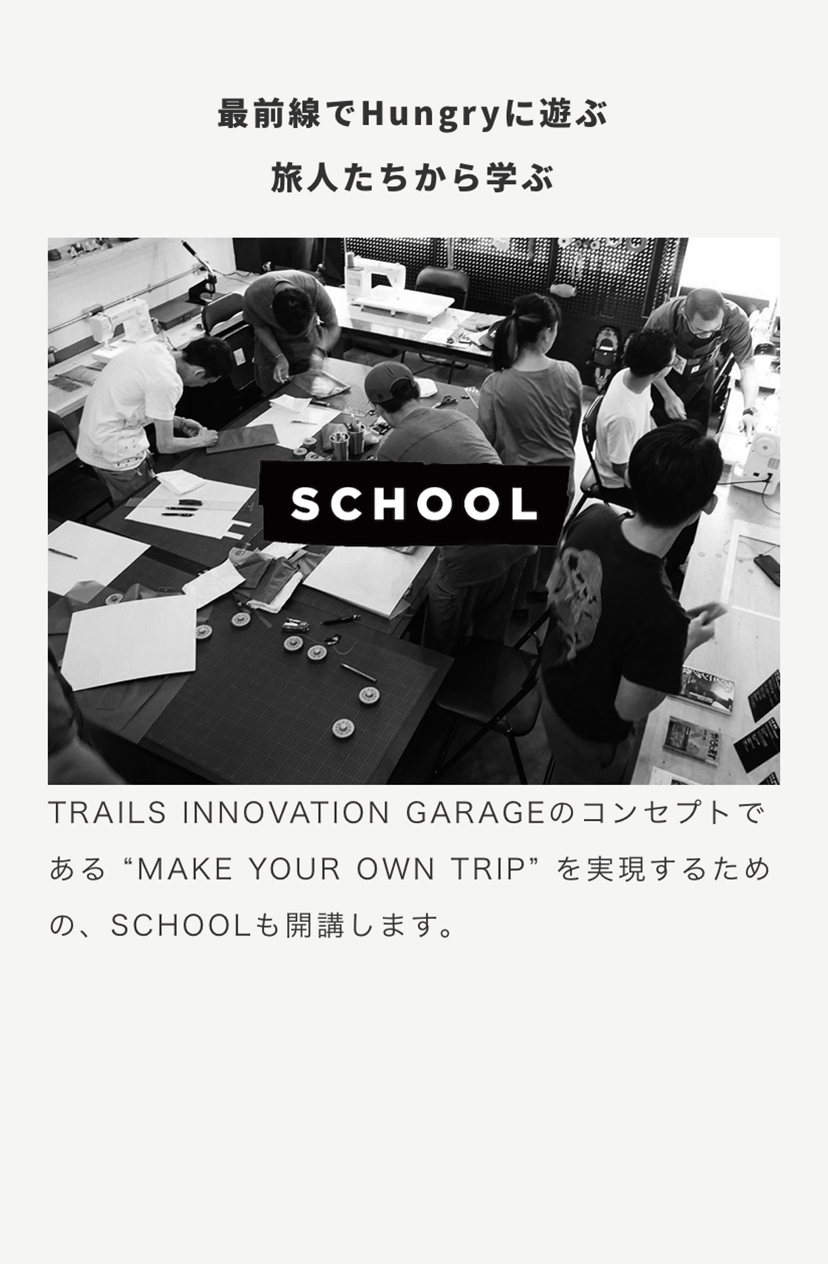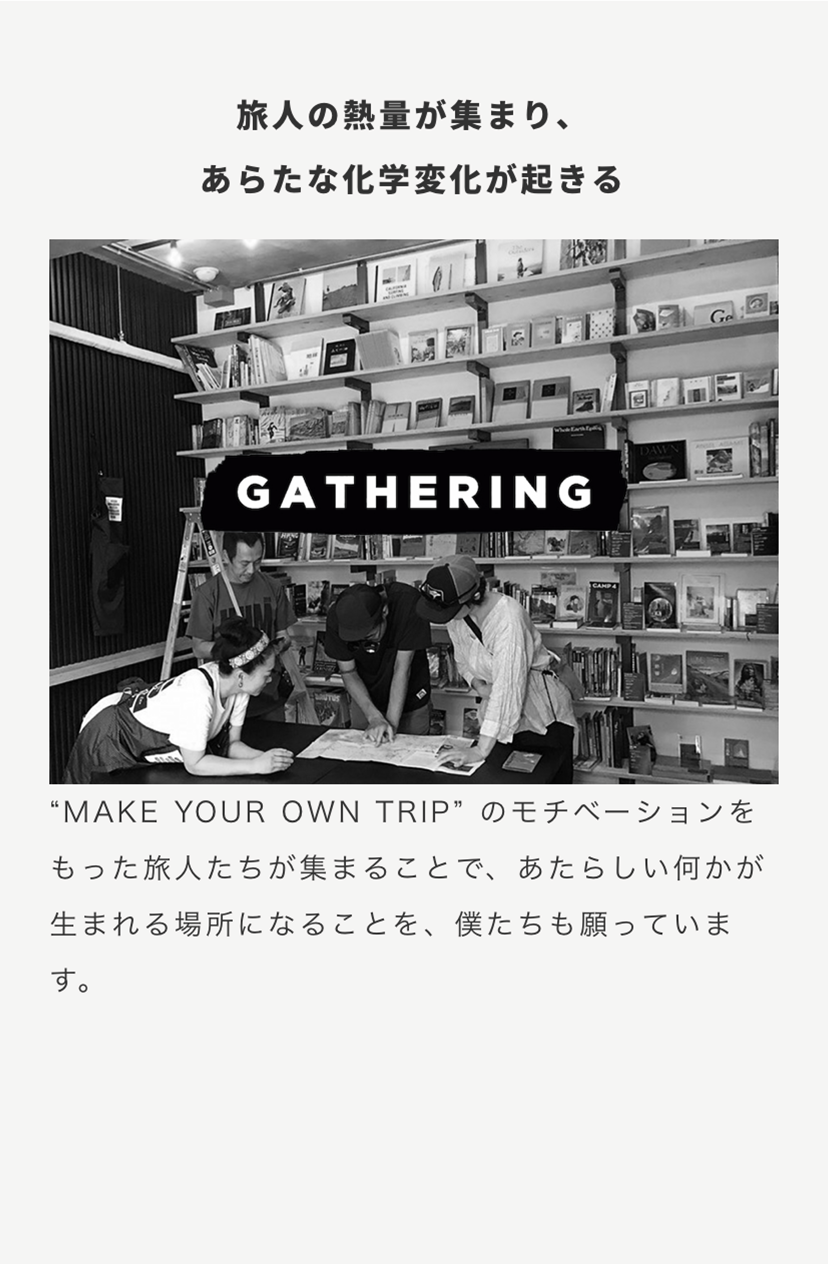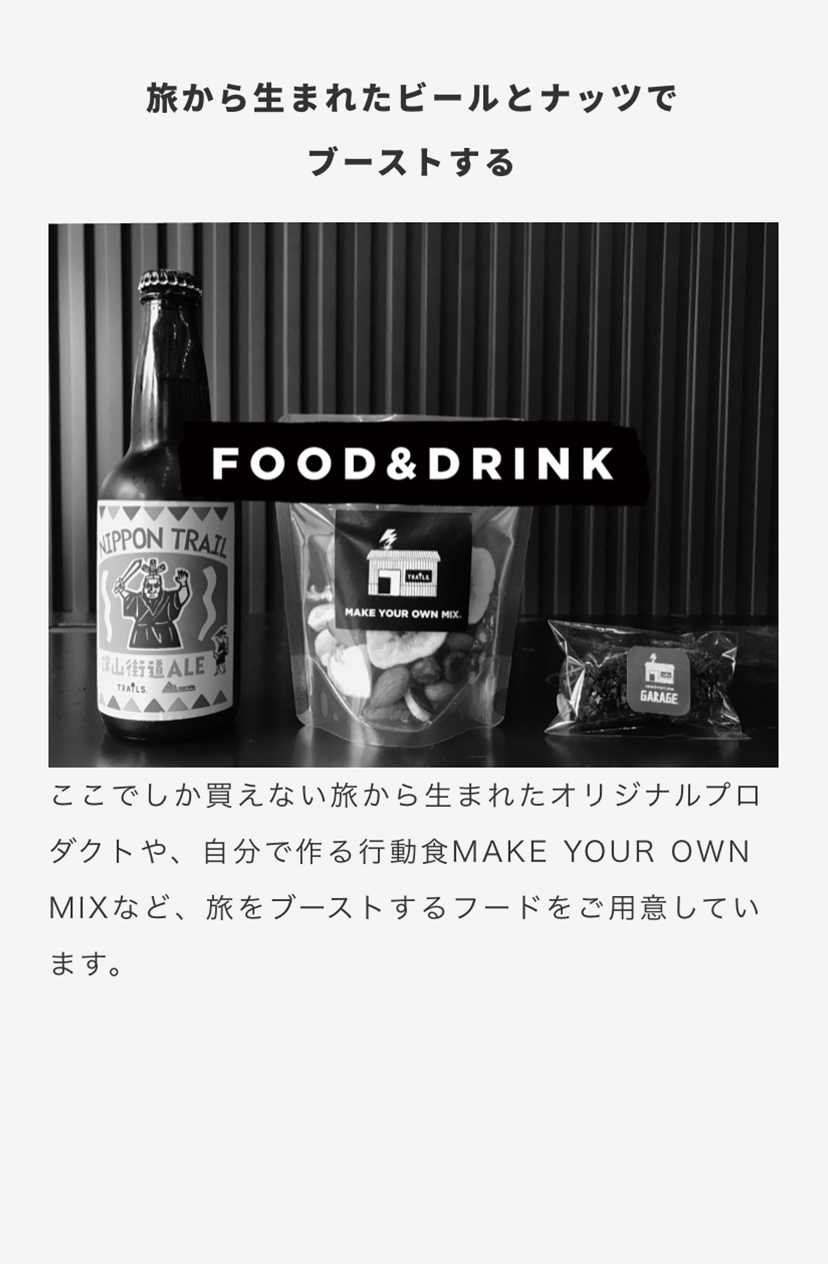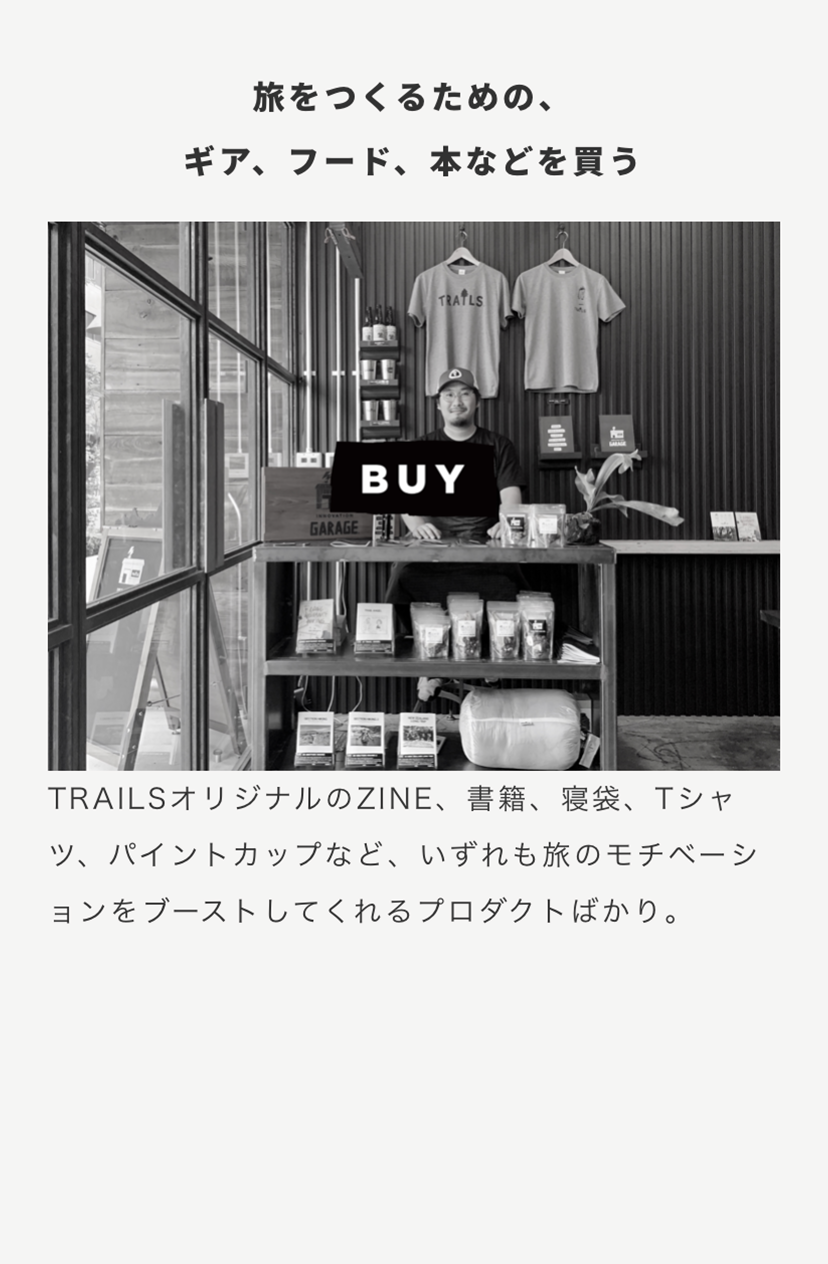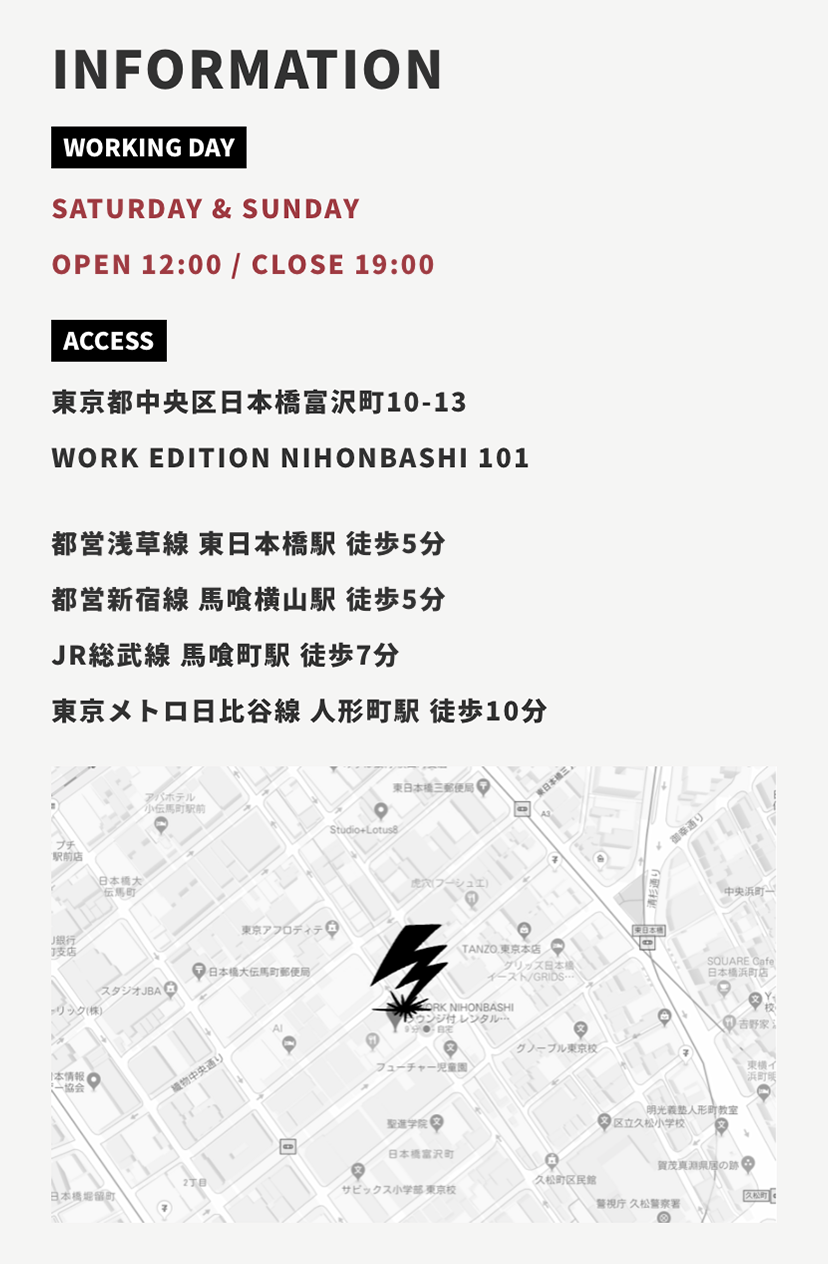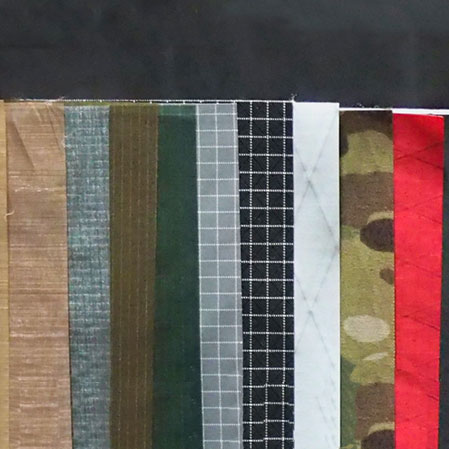リズ・トーマスのハイキング・アズ・ア・ウーマン#27 / 海外ロングトレイルの定番アプリ「Guthook」開発者インタビュー (前編)
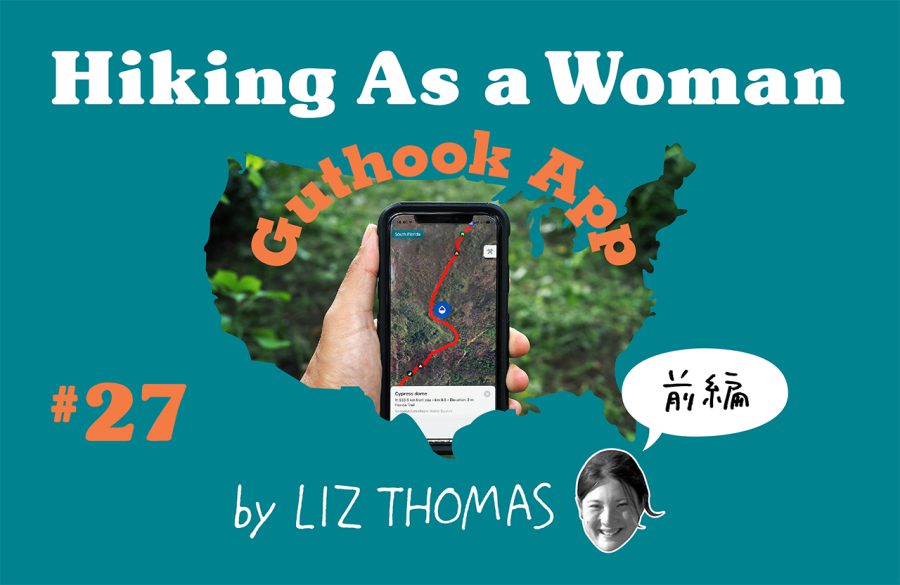
An Interview with Guthook
I had the opportunity to talk with Ryan “Guthook” Linn, one of the co-founders of the Guthook App (aka, Atlas Guides app) that most thru-hikers use on their long distance trails from the Pacific Crest Trail to local trails. This smartphone app makes it easy to navigate and find information about water, trail towns, campsites, and more. I wanted to talk with Guthook about how he went from thru-hiker to app-maker and what the day-to-day of a hiking app developer looks like.
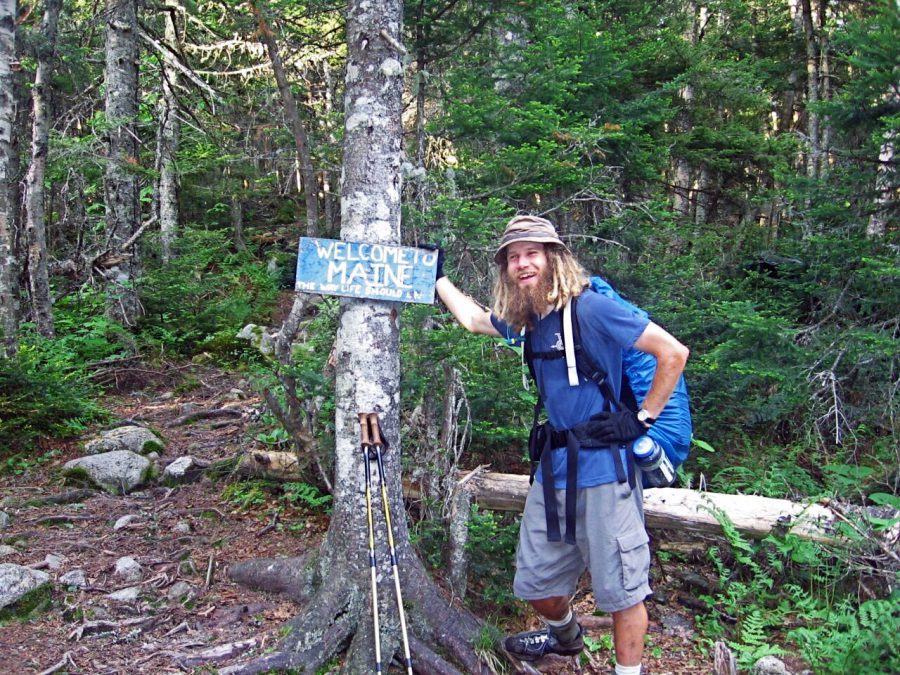
Liz:Thank you for chatting with me today, Guthook. I know a lot of thru-hikers are curious about your origins. How did you first get into the outdoors?
Guthook:I grew up in a pretty rural area. Hiking was what you did there. Once I was in college, I got more into hiking and backpacking. I did a semester at NOLS [the National Outdoor Leadership School] in Wyoming. That was the point where I was like, “I think it’s time to go whole hog into trying to be like a career outdoors person.” At that point, I didn’t know what that would actually look like realistically. After NOLS, I finished college and hiked the AT.
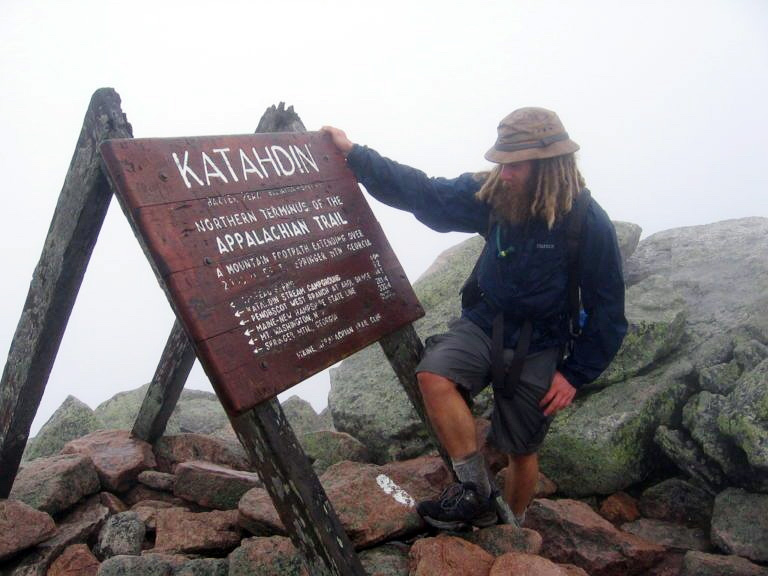
Liz:How did you first get the idea for the Guthook app?
Guthook:I met [my now business partner] Paul at the halfway point on the PCT. [They were both thru-hiking the PCT]. We had a conversation at some point about smartphone apps. It was 2010. The first iPhone came out in 2007. So it was still super new. But the idea of making apps was still the new thing that everybody was trying to figure out.
Liz:Were you carrying an iPhone on the PCT in 2010?
Guthook: No. I can remember only two people with smartphones on the trail that year. I’m sure there were probably more.
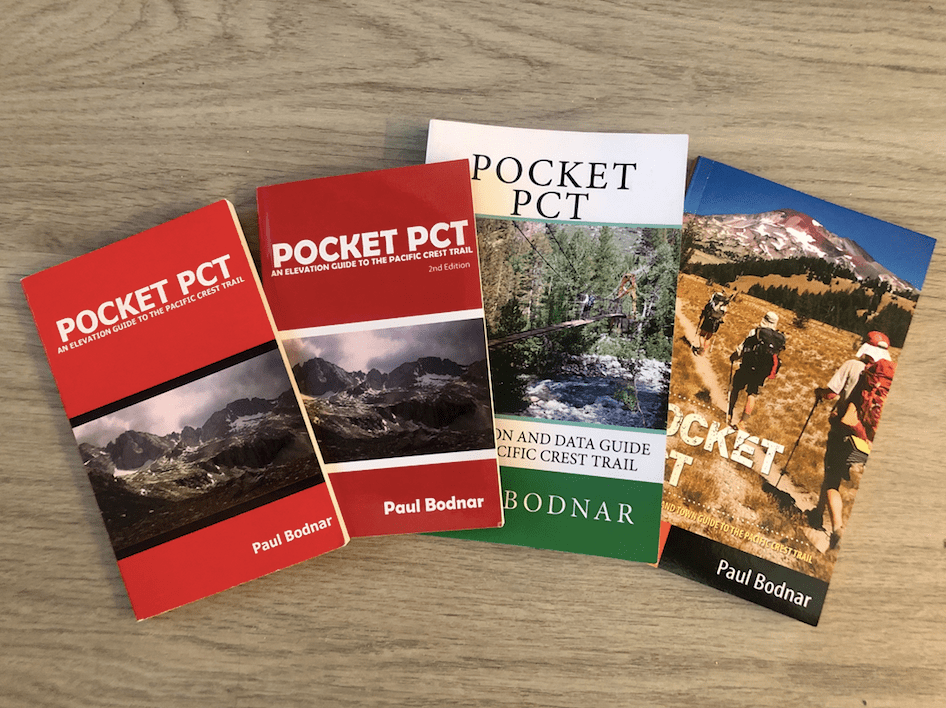
Liz:I remember when I hiked the PCT in 2009, meeting only one person early on in the trail with an iPhone. The question was “how are you going to charge that thing?”
Guthook: It’s crazy to think that the world in general has dived completely in on these things and [it has] not even been 10 years.
Liz:After you finished the PCT, what did you do next? How did you decide to dive in on developing a PCT app?
Guthook:Three months after I finished the PCT, I had no idea what I was doing. Like, pretty much no directions.

Liz:I laugh because that’s exactly how I felt when I got off the CDT in 2010.
Guthook:It wasn’t actually Paul that spurred me on [to develop the app]. It was a friend of the family who was big into computers and using computers for educational things. She was the one that really convinced me to try it out. I think I went to Paul after that and was like, “Hey, remember what we were talking about? Maybe we should give this a shot.” And that’s pretty much where it started.
Liz:What did you study in school? Did it prepare you for being a hiking app developer?
Guthook: I studied history. I was just getting school over with so I could move on to to hike some more. [I learned how to code] from a lot of websites, a few books, lots of YouTube. That’s the way the world learns about things these days. [Developing an app] is one of those things that I’m guessing that no matter how long you do it, it’s a learning experience.
It was several years of doing the programming before I really was like, “I think I actually really understand what I’m doing now.” Every time I think that I’ve figured out what I’m doing entirely, I end up just trying something different that becomes a totally new challenge.
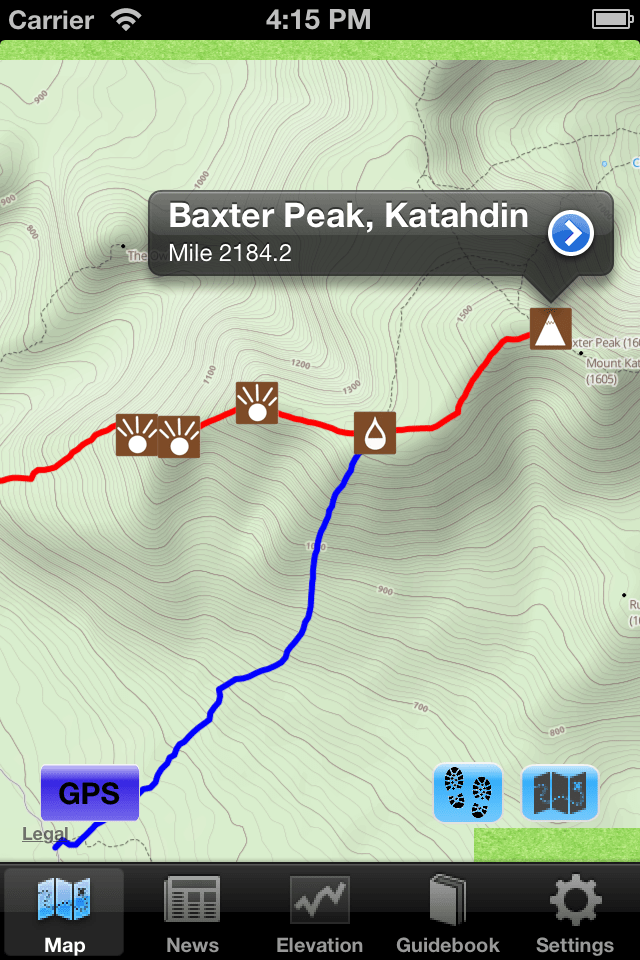
Liz:How long did it take to get really beyond the first prototype to develop something you felt comfortable marketing?
Guthook:From the first day of programming to the first release of the app, it was about a year. But it was several years before I could understand why other people liked the app besides me.
Liz:Those first few years that you were working on the app, were you working on the app full-time? Or did you have to work other jobs? Were you able to thru-hike at all that year?
Guthook:I haven’t done a full thru-hike since 2010. I’ve done shorter thru-hikes like the Long Trail and large sections of the AT since then but, most summers, I was working at a summer camp. During the off-season, I was working at Eastern Mountain Sports [a gear store]. I worked on the app in the evenings and early mornings and days off. I’d be over in the library just banging away on the computer.
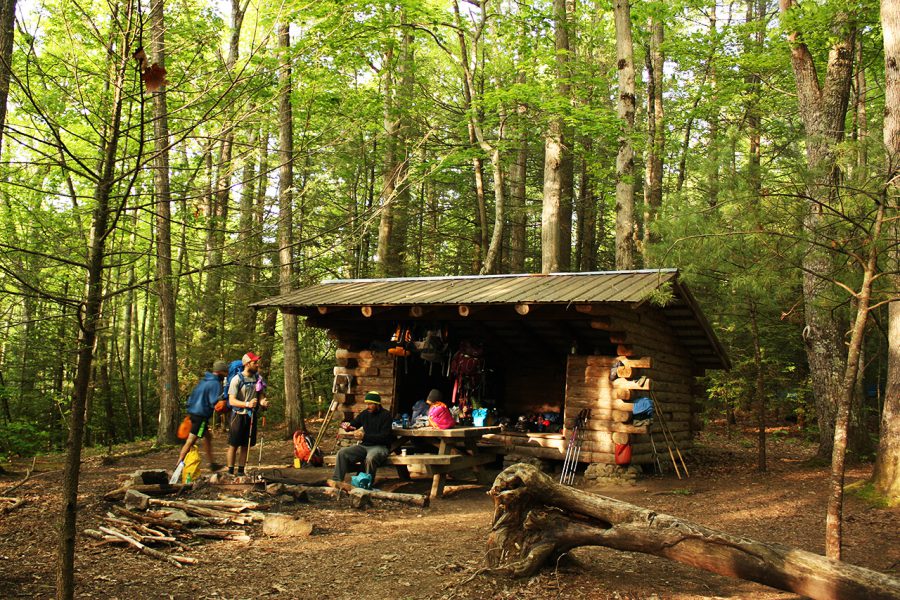
Liz:What an origins story! So meanwhile, what were your family and friends thinking about you working at camps? You went to a famous college and were working at summer camps and on an app in your free time. They must have found this strange.
Guthook:Well, luckily my parents could tell that the app was a gamble. But it was one that had some potential. Most of my friends were used to me being the guy that was usually out hiking. I was not really ever on the same trajectory as people I’ve grown up with. I was 27. I feel like everybody at that age was still figuring it out.
Liz:At what point did you feel confident enough in the app that you decided you weren’t going to be working at summer camps and at the gear store anymore?
Guthook: I noticed people were buying enough [copies] of the app that I had enough of an income to pay my rent without working at the summer camp. But I never stopped working other jobs until it was clear that I was going to be able to do that. I never had the means to stop and focus only on the app. We never wanted to take an outside investment. Not that I think anybody would have invested in it. By summer 2015, we were at the point where we thought this could actually be a thing rather than just a side hobby.
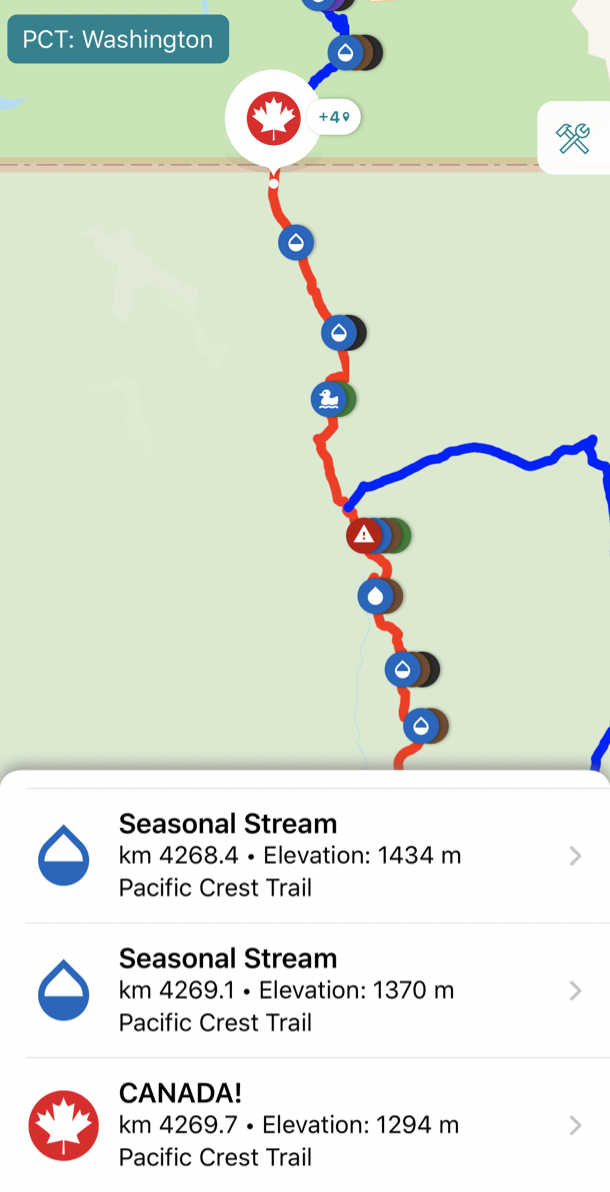
Liz:I’m really nerding out on all this early entrepreneurial history because I’m going through the same process myself with my company, Treeline Review. It’s interesting to hear other people’s trajectories.
Guthook:Honestly, I really never, never would have imagined that it would have grown to where it has. The whole idea right from the beginning was that the app would buy me a little bit of time between seasons while I was working seasonal jobs. There’s always at least a couple weeks or a month between each gig. I’m pretty glad it worked out the way it did because I was never constitutionally suited for the lifestyle that a lot of outdoor seasonal workers end up with.
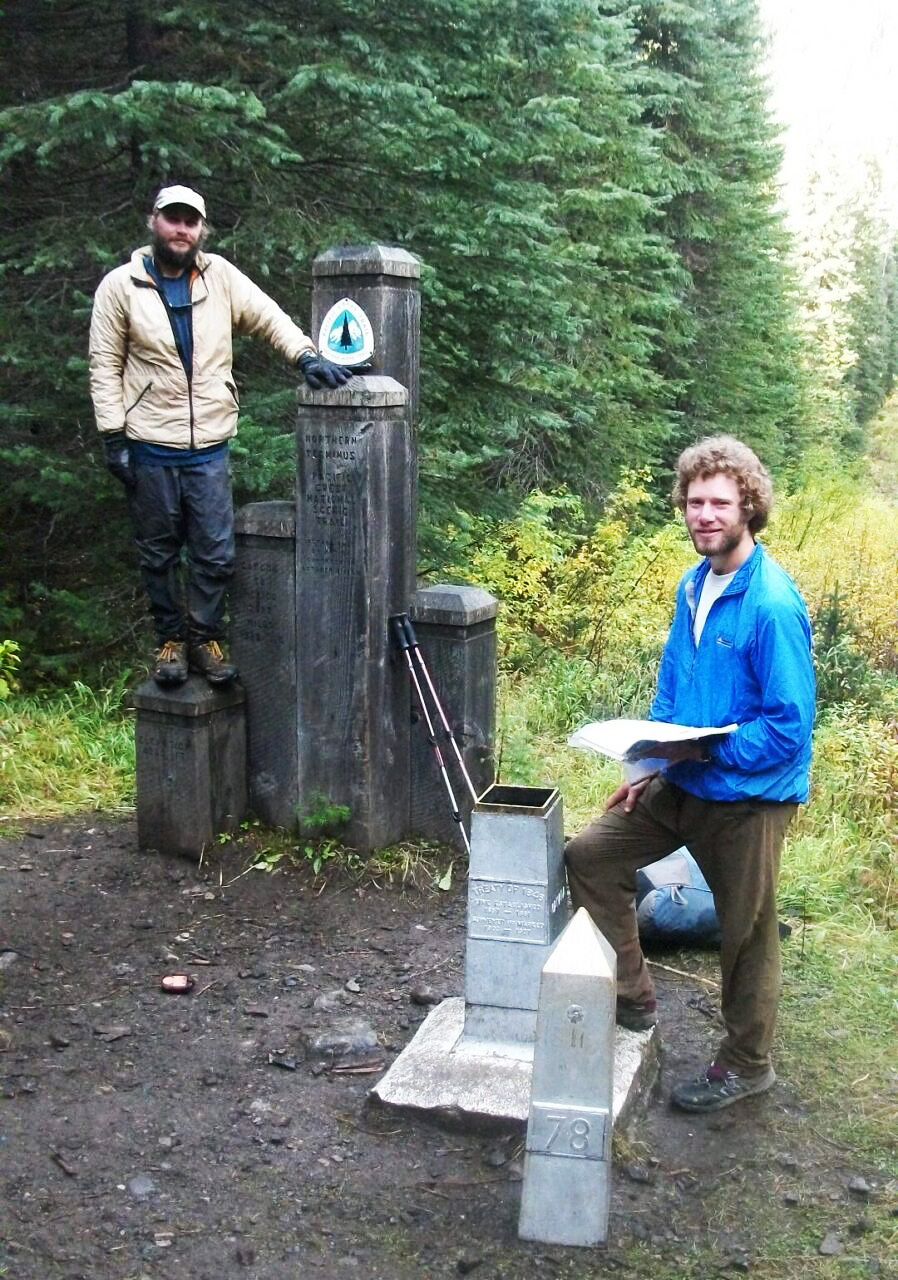
Related Articles
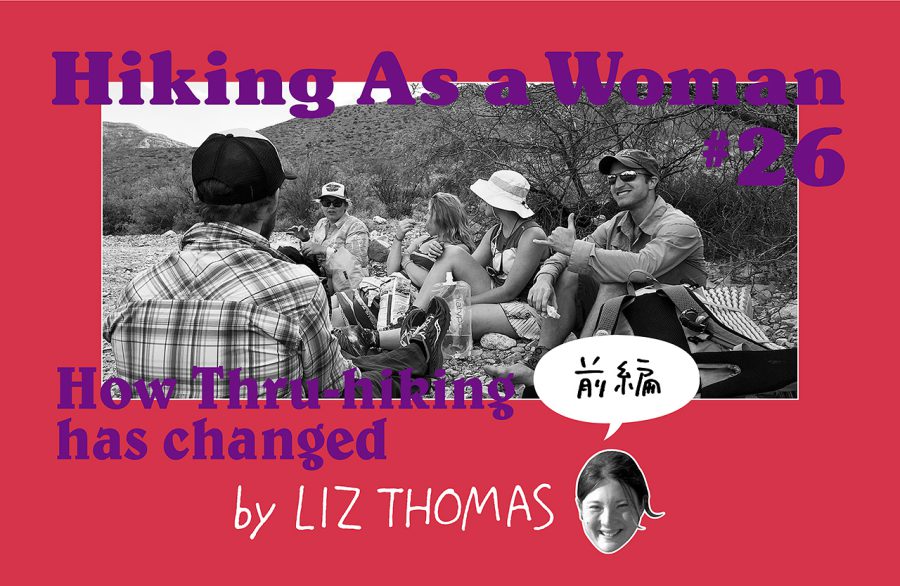
リズ・トーマスのハイキング・アズ・ア・ウーマン#26 / How Thru-hiking has changed <前編> スマホ時代のスルーハイカー
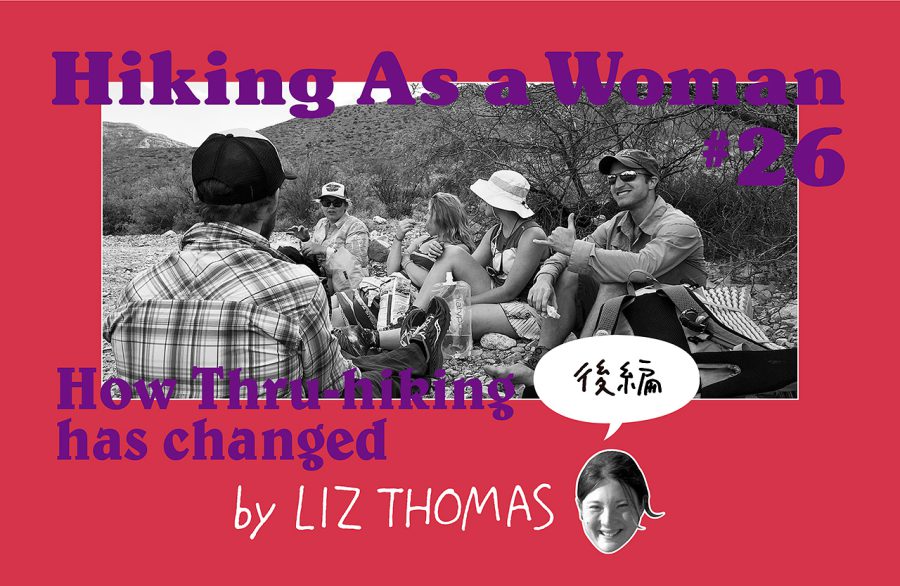
リズ・トーマスのハイキング・アズ・ア・ウーマン#26 / How Thru-hiking has changed <後編> GPS・通信技術の進化とハイカーの変化
- « 前へ
- 2 / 2
- 次へ »
TAGS:

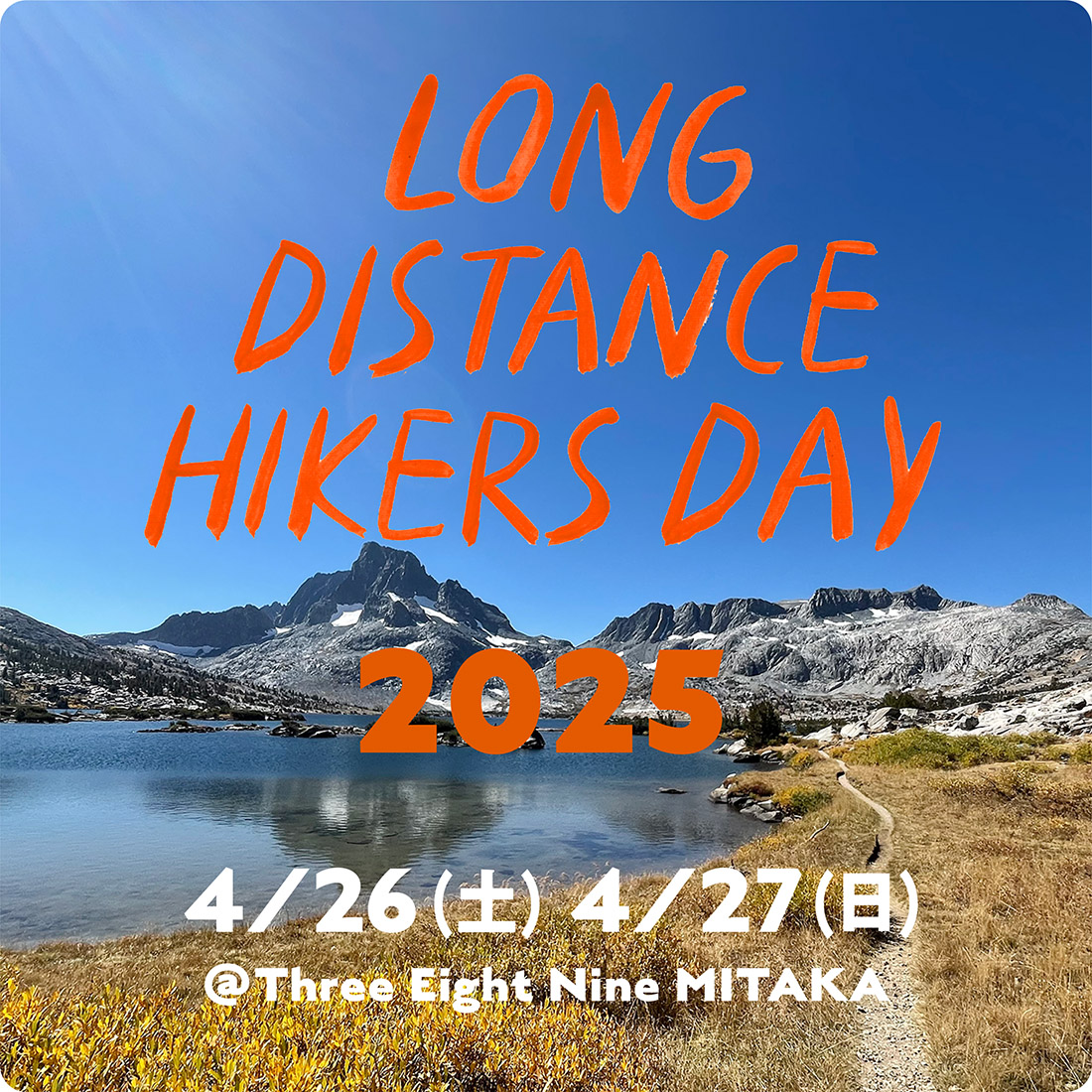
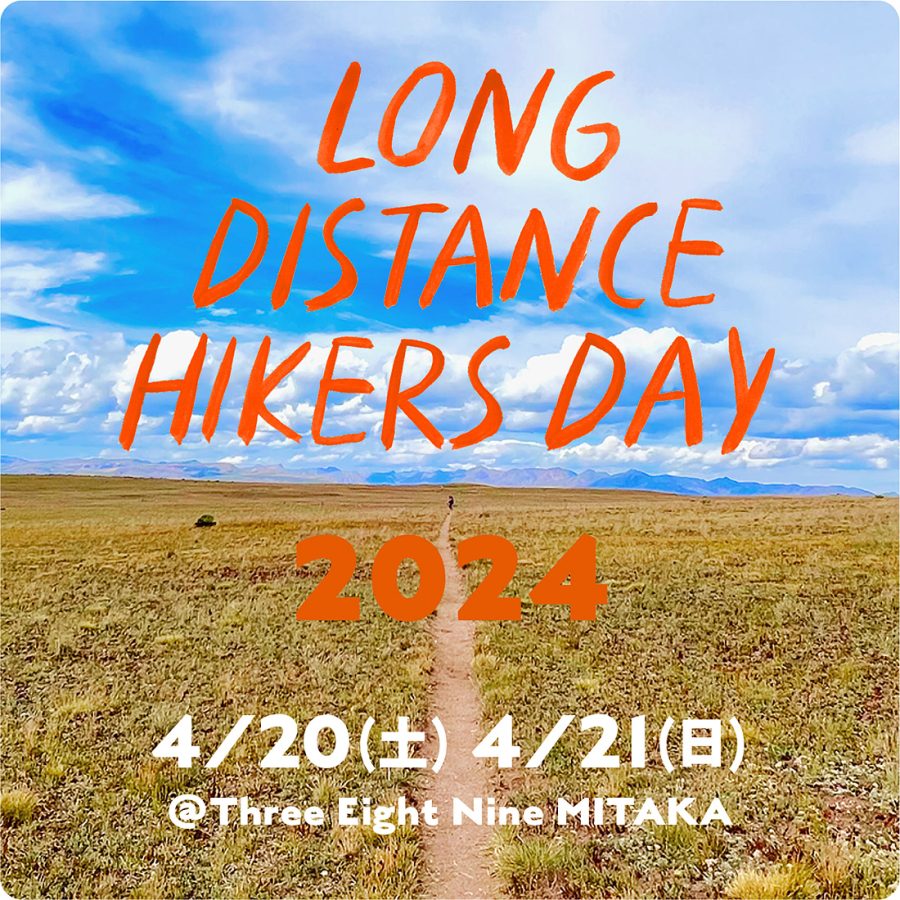
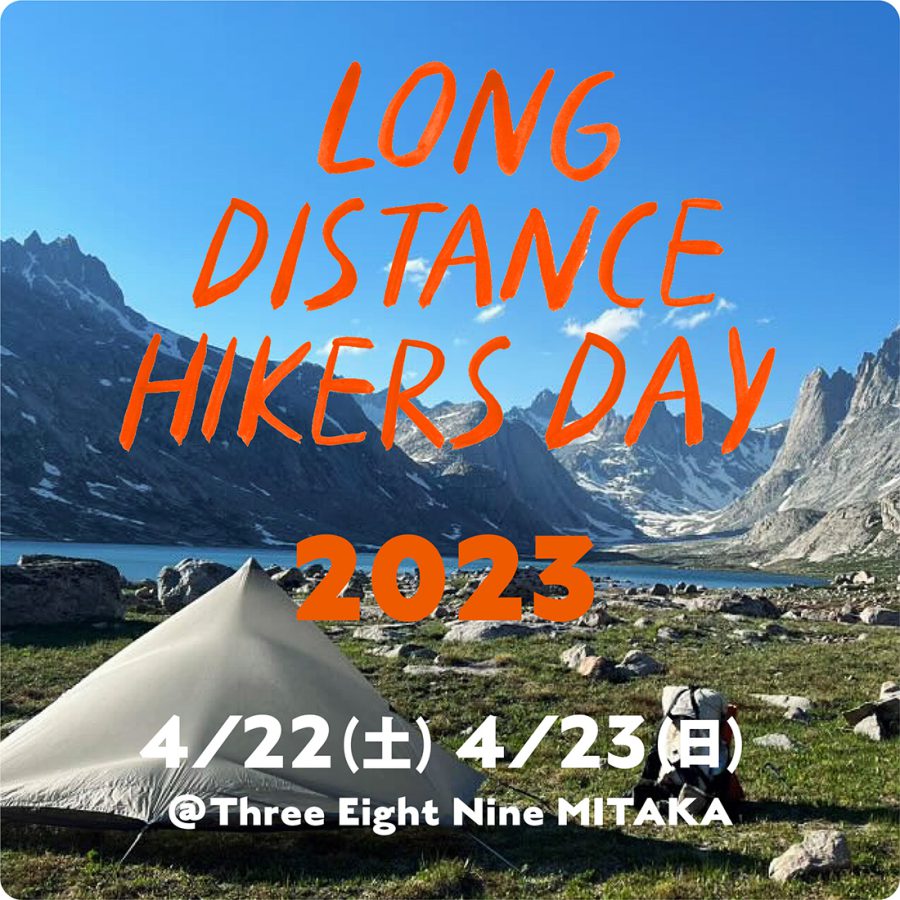
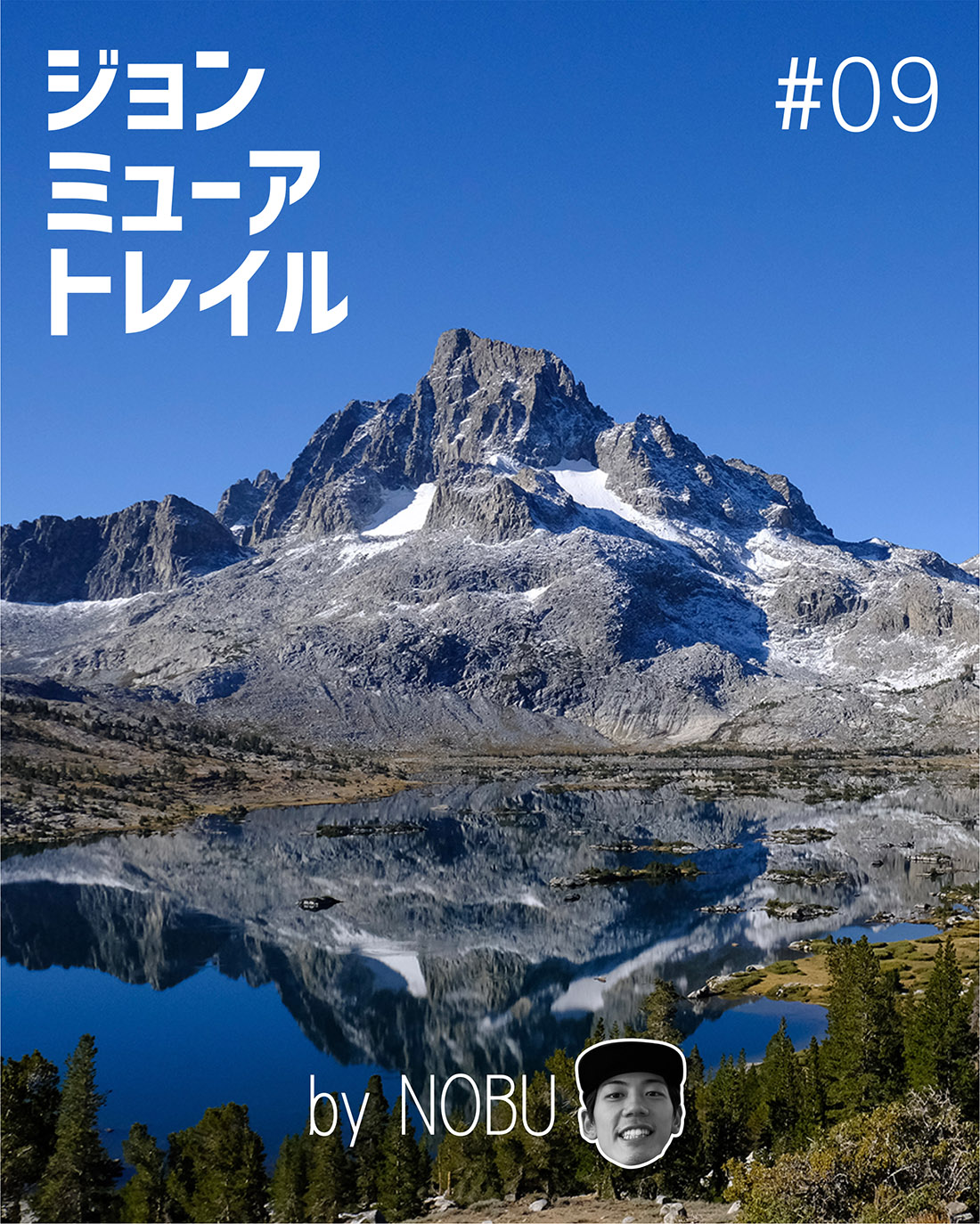
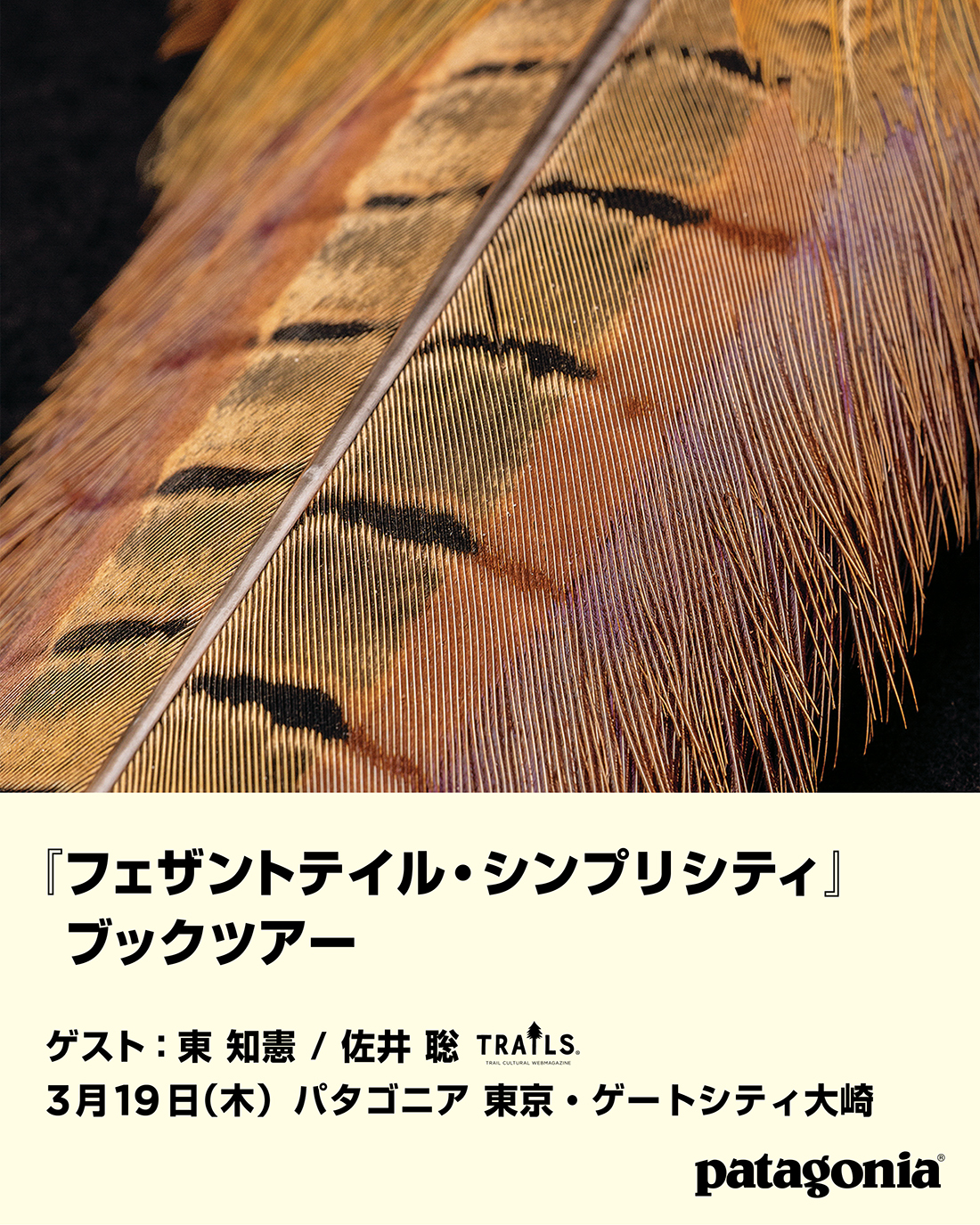
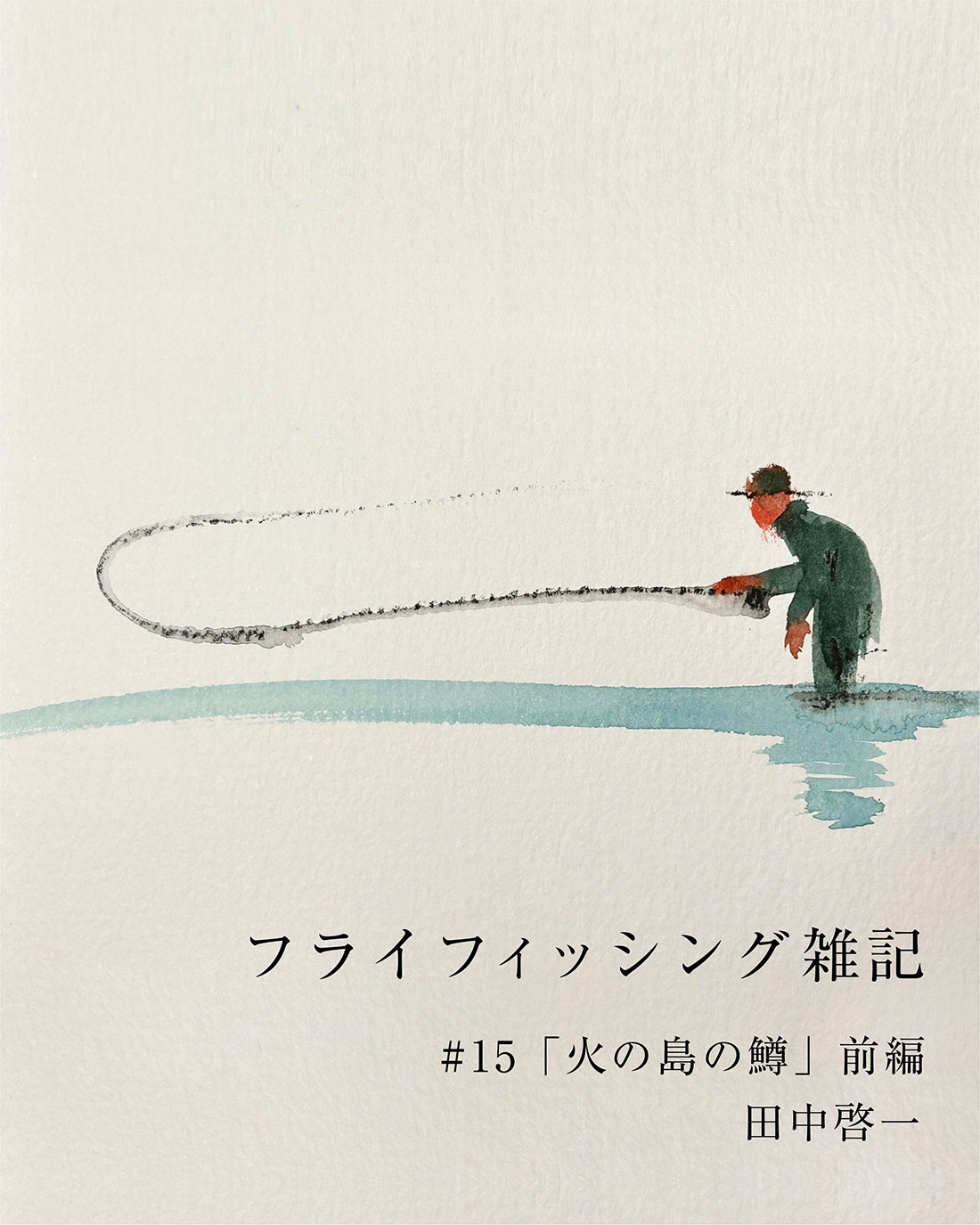
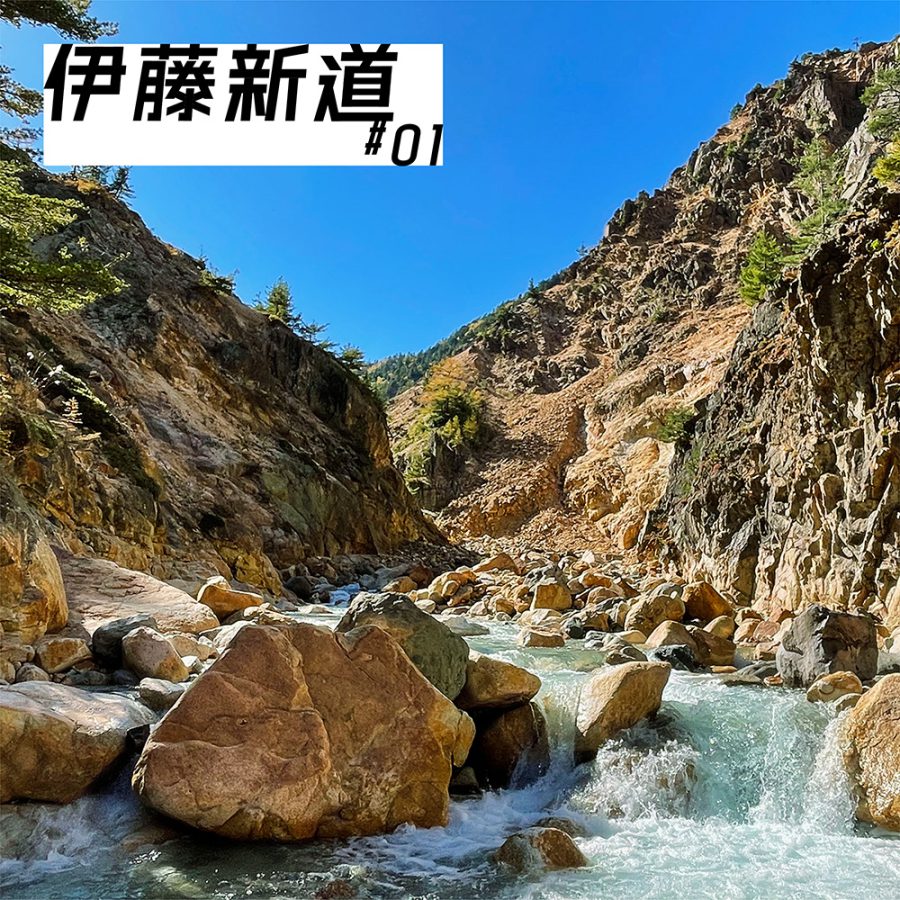
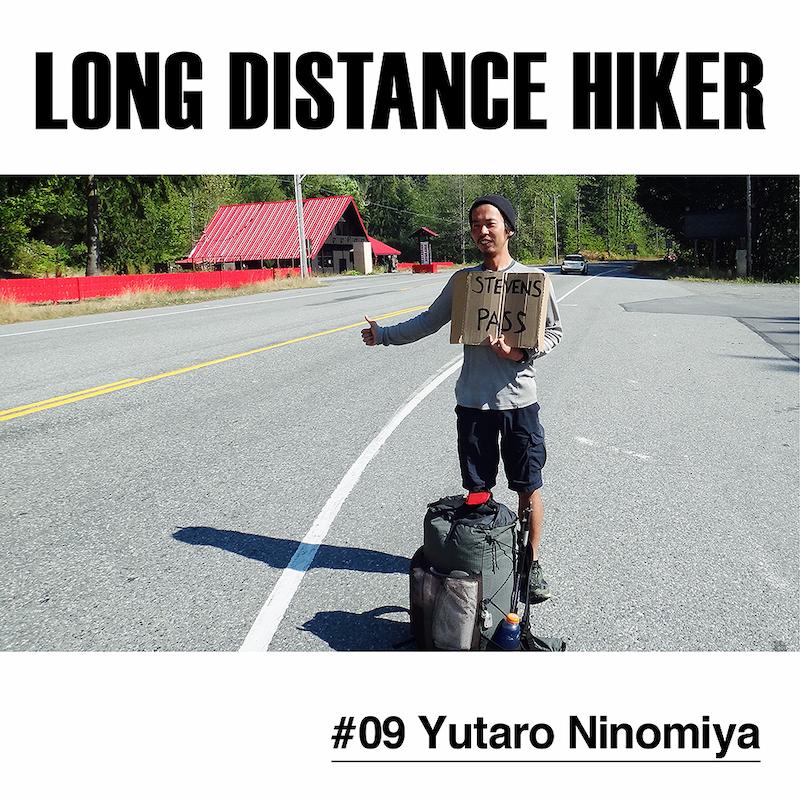
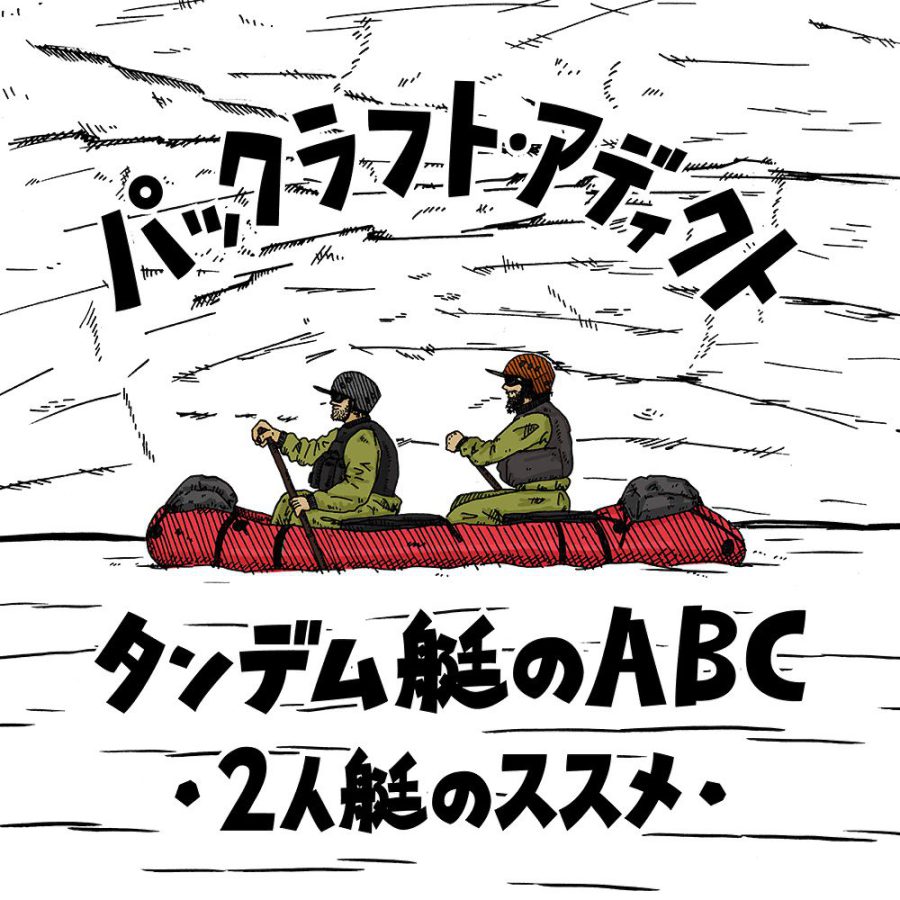
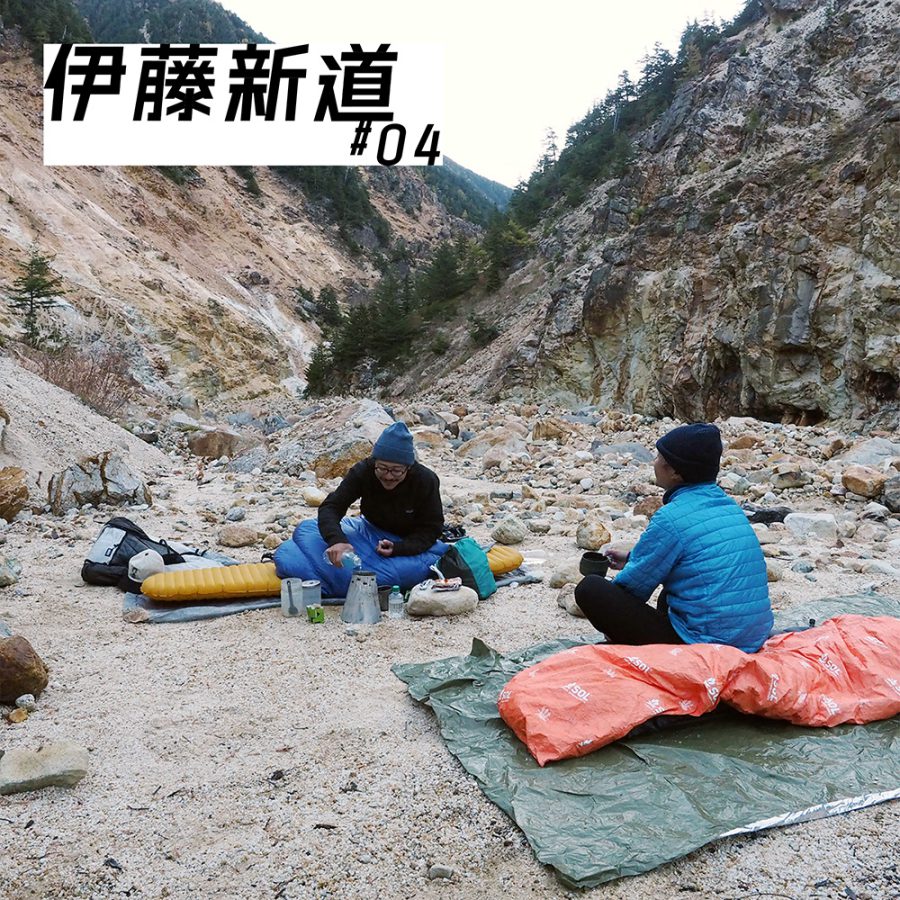
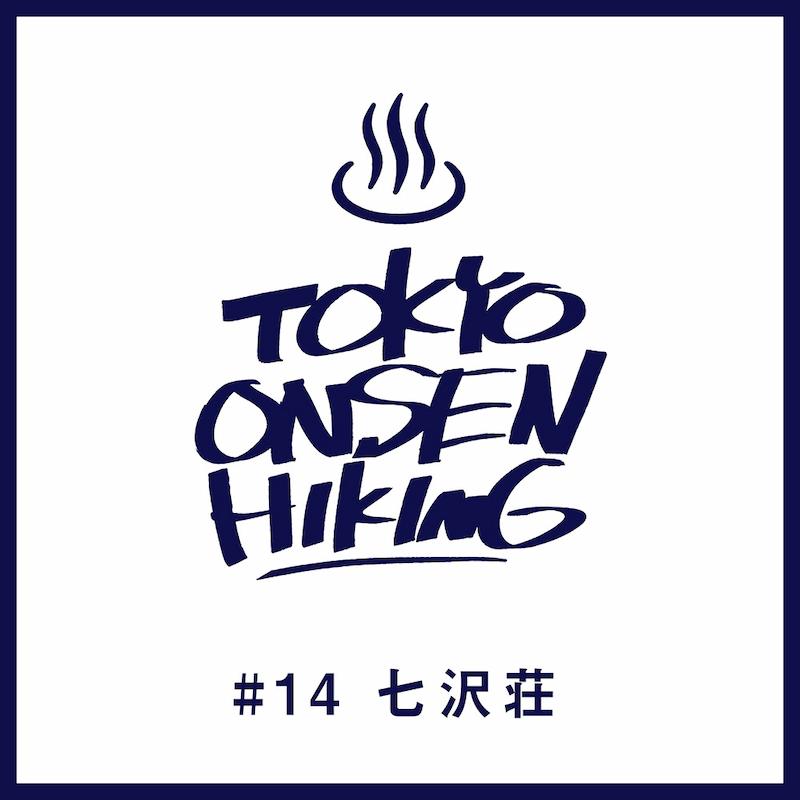

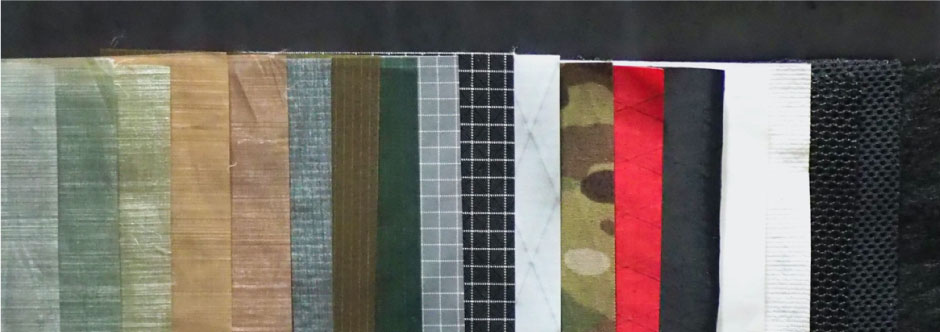
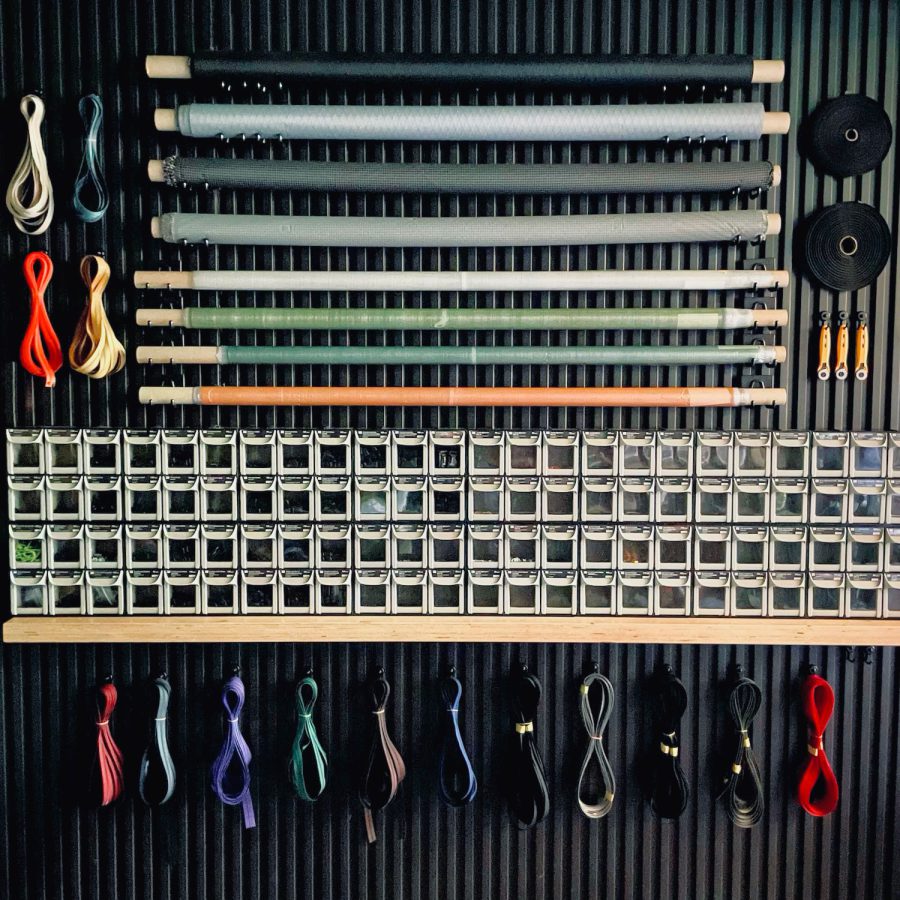 ULギアを自作するための生地、プラパーツ、ジッパー…
ULギアを自作するための生地、プラパーツ、ジッパー…  Tenkara USA | RHODO (ロード)
Tenkara USA | RHODO (ロード)  Tenkara USA | YAMA (ヤマ)
Tenkara USA | YAMA (ヤマ) 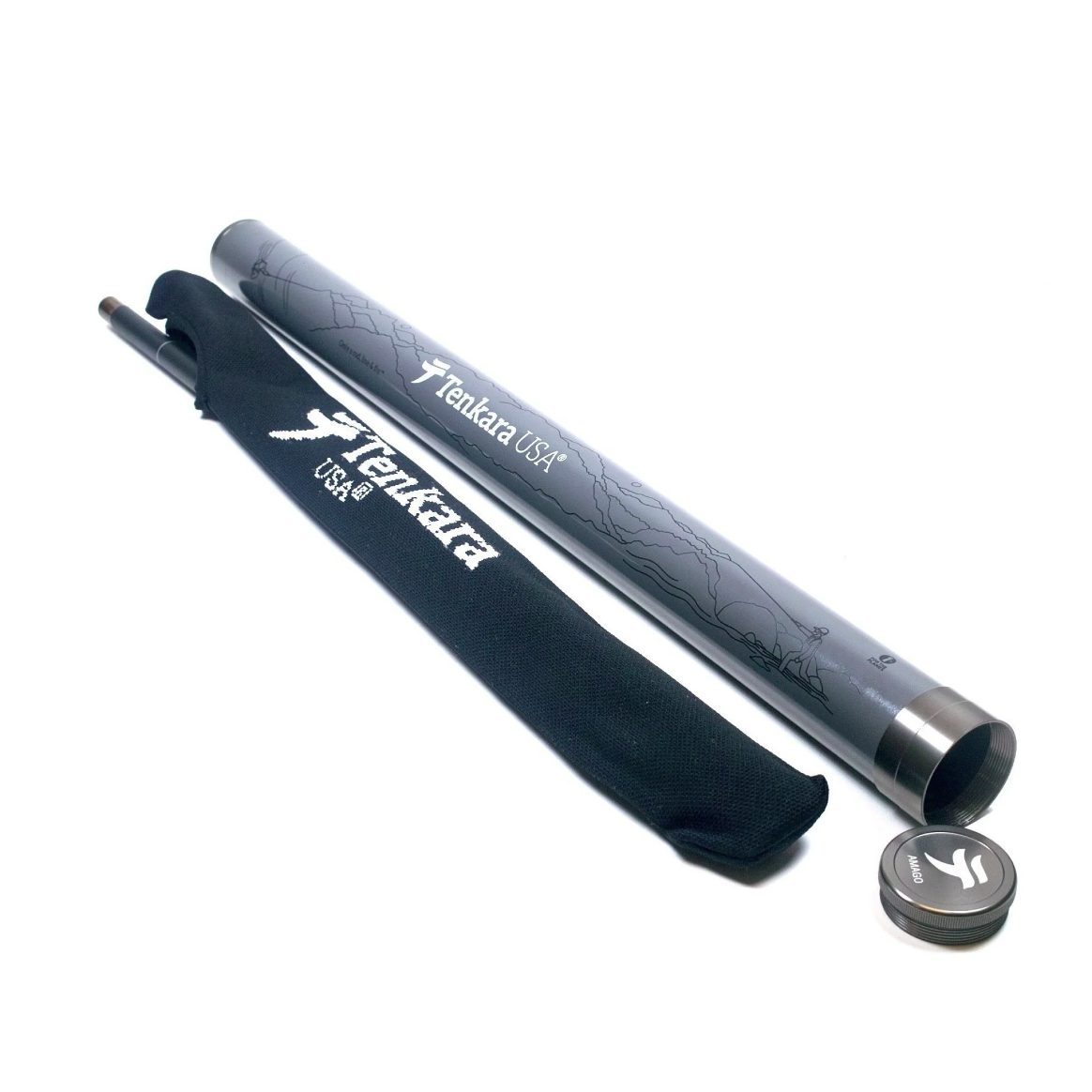 Tenkara USA | Rod Cases (…
Tenkara USA | Rod Cases (… 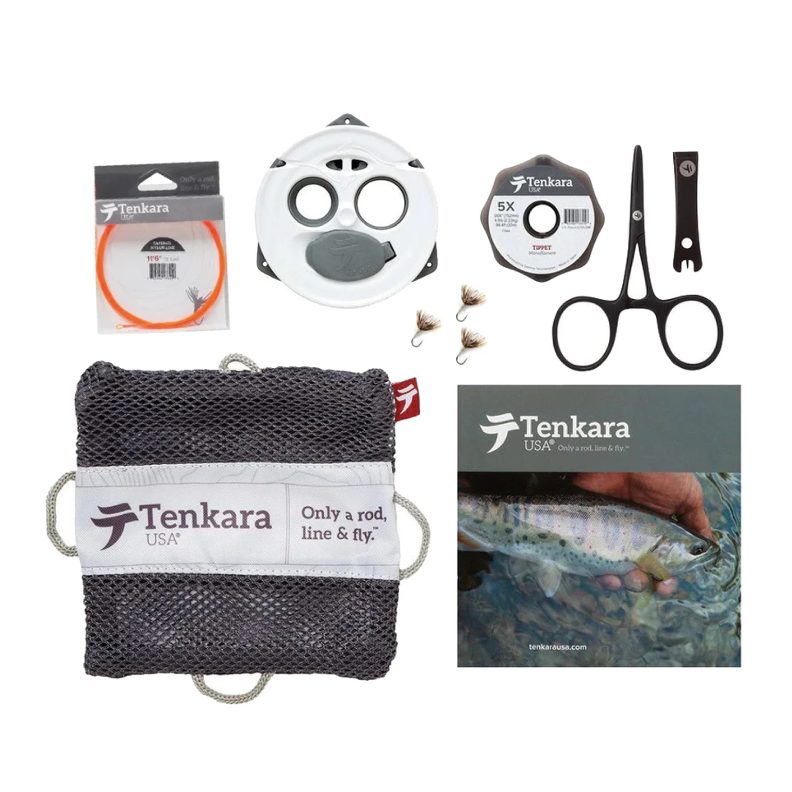 Tenkara USA | tenkara kit…
Tenkara USA | tenkara kit… 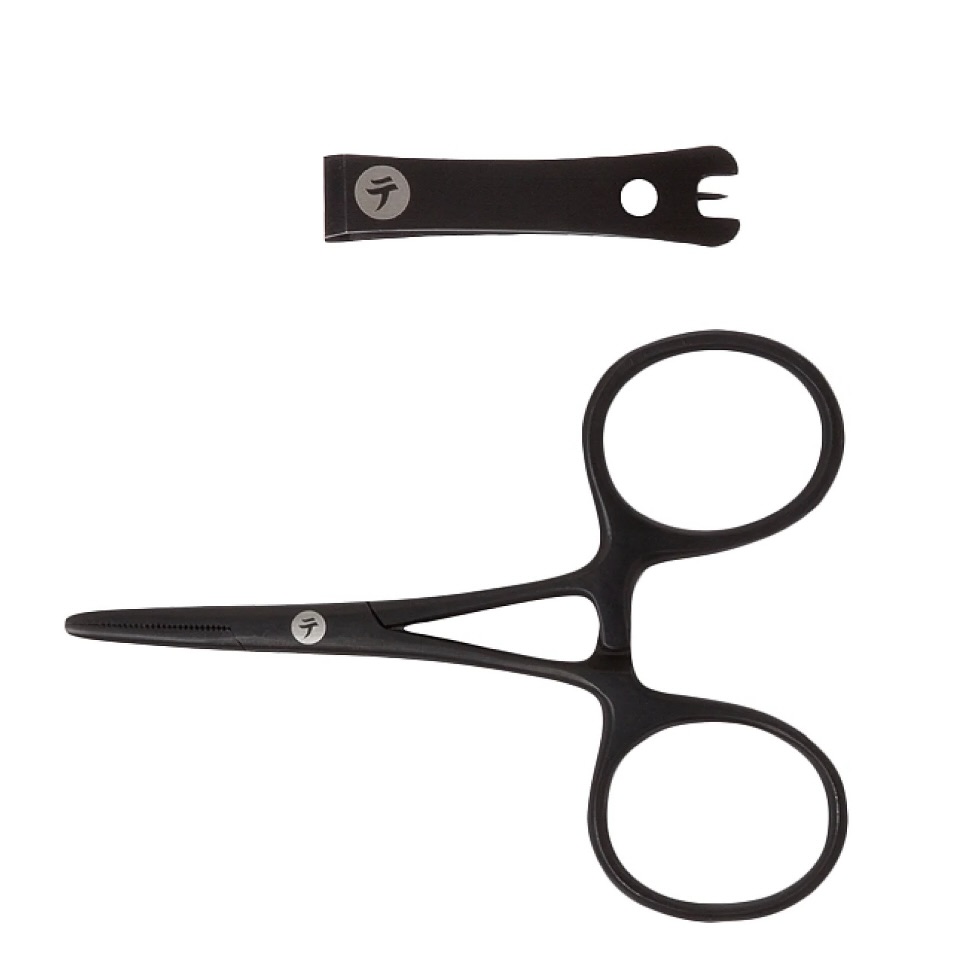 Tenkara USA | Forceps & …
Tenkara USA | Forceps & …  Tenkara USA | The Keeper …
Tenkara USA | The Keeper …  Tenkara USA | 12 Tenkara …
Tenkara USA | 12 Tenkara … 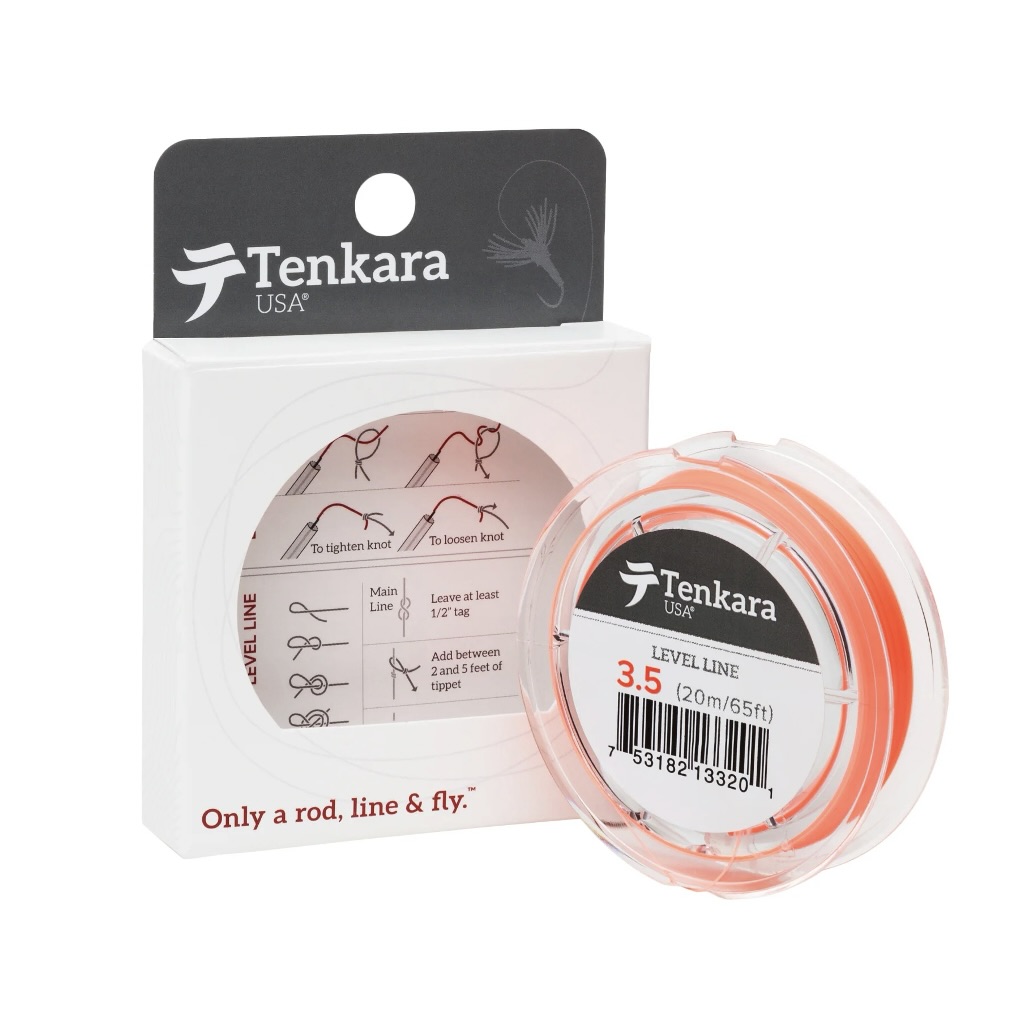 Tenkara USA | Tenkara Lev…
Tenkara USA | Tenkara Lev… 


